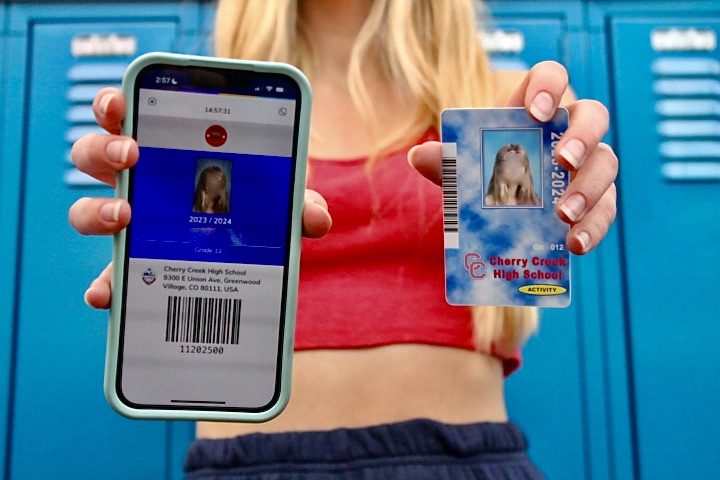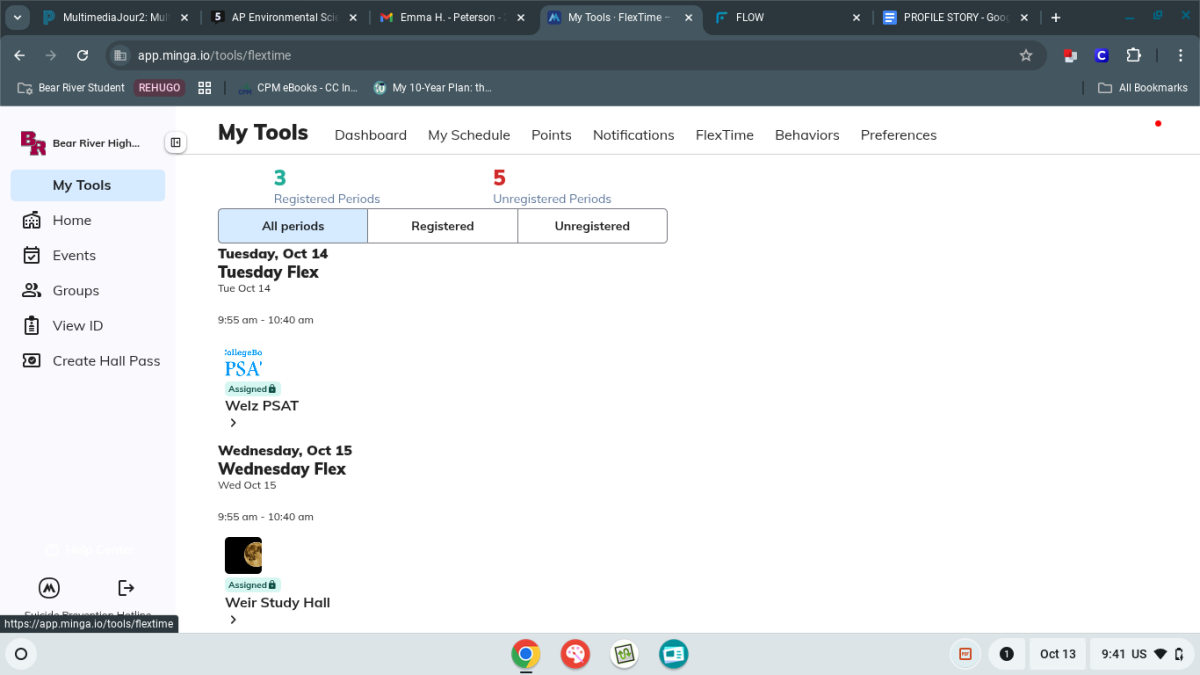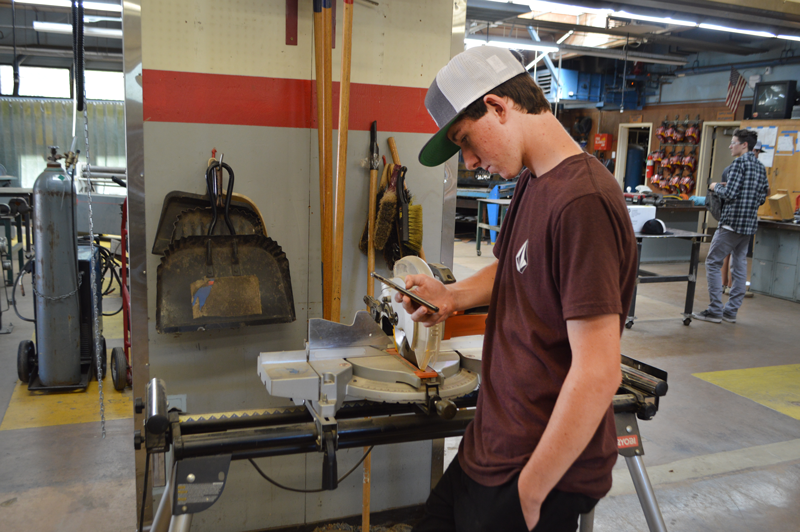Technology is a resource being used every day in our lives. It affects people in both positive and negative ways -changing the way we learn, communicate, exercise, shop and much more.
However, as the hours of phone usage skyrockets, laziness becomes a familiar friend, leading to less innovation. Teens spend an unprecedented amount of time on their phones and social media, affecting their mental health and their school work.
Bear River’s Computer Specialist Anthony Barrios had a few things to comment on what we have created with technology and how it benefits us.
“We have made A.I. that can predict illness based on the symptoms shown in a patient which is nearly as effective as a live person, but more accurate when combined with a medical professional than just a professional alone,” he said. “We have recently found a way for instantaneous transmission of information based on quantum physics, potentially opening up real-time communication with interstellar objects and future manned-missions to space and beyond.”
He did acknowledge the other side to the story.
“Technology has made it where with a click of a button, we can reach hundreds of thousands of people’s personal information,” Mr. Barrios said. “Embarrassing information, or even dangerously inaccurate, can be spread at such a fast rate that it is almost impossible to come back from.”
Other teachers, including Mr. Barrios, believe phones are affecting students’ work.
“I’ve often walked into classrooms and found students on their phones while a teacher is giving a lecture,” said Mr. Barrios. “The introduction of the No-Phone rule at Bear River seems to have helped, but checking in on social media or responding to text messages is alluring enough to cause car accidents and deaths nationwide, let alone distract students in the class.”
Librarian and Get Focused Stay Focused teacher, Josie Andrews, had positive and negative things and her opinion on social media.
“I think that oftentimes social media can be very damaging to teen’s self-esteem,” she said. “They end up comparing their lives to people who are posting very curated content that is not a reflection of real life. There is also a lot of harassment that happens on social media, which can lead to negative self-esteem.”
She went on to explain the struggles she encounters with students constantly being on their phones.
“I believe that phones have an addictive quality, and as a society, we have not figured out how to address that,” she said. “As a teacher and parent, I get tired of telling kids to get off their phones or using them as a distraction because they don’t want to do something.”
She also made some notes on the good of technology.
“On the other hand, there are positives, like finding communities that you connect with, access to information, and potential for creativity,” she said. “There has also been a lot of great social movements that begin on social media.”
On the other hand, students such as Freshman Brynna Vasquez and Junior Nickelle Rodriguez both agree that their phone doesn’t affect their daily routine.
“I don’t think my phone affects my day-to-day life or my school work because I am really good at focusing on what I need to get done … I spend like an hour on my phone every day,” said Vasquez.
“My phone doesn’t distract me because I do my work and focus,” said Rodriguez.
Vasquez continued to describe the advantages to using your phones.
“The good thing about your phones is you can meet new people and connect with them but it seems like everything is a competition on who has a better life and it can make you insecure about yourself,” she said.
Sophomore Harrison Alexander believes otherwise.
“I do spend time on my phone at school, but not a lot,” he said. “I think it can be distracting, but I like to get my work done so I don’t fail.”
With all the views of students and staff, technology does affect the lives of the whole Bruin community.



































